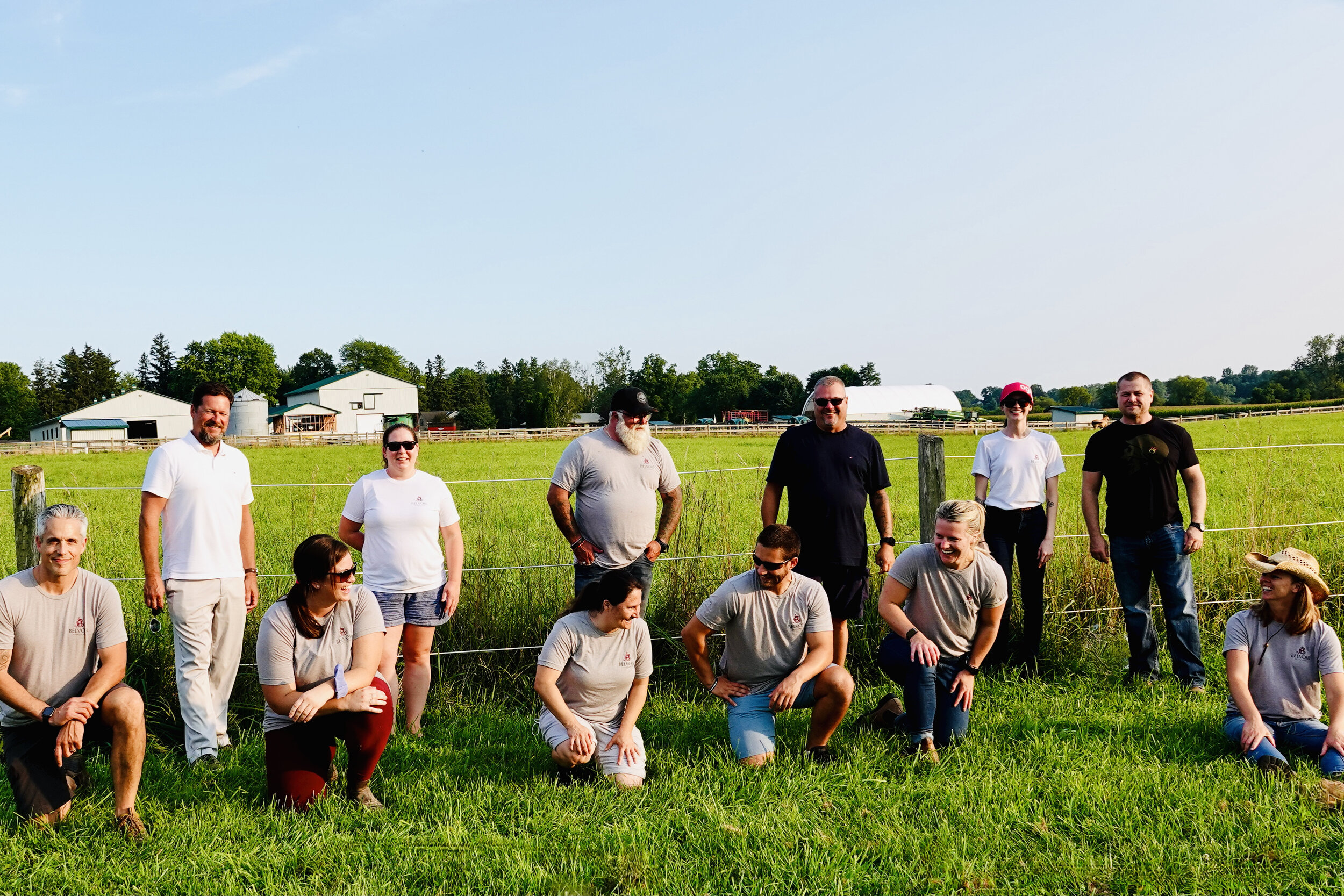Dr. Allan Hamilton on Belvoir’s Equine-Assisted Therapy for Post traumatic Stress Disorder among First Responders
Equine-Assisted Therapy for Post traumatic Stress Disorder among First Responders
Pilot Study funded by PTSD Association of Canada/Belvoir Estate Farm
We would like to acknowledge the generosity and support of Ute Lawrence, (Founder of the PTSD Association of Canada, President Belvoir) Stan Fisher, and Belvoir Estate Farm & Equestrian Centre. for their contributions to this project and provision of space and resources. The following pilot project was funded by the PTSD Association of Canada, who we would like to thank for their ongoing support in exploring this novel treatment for PTSD in first responders.
Abstract
Equine-assisted therapy has emerged as an adjunctive integrative health modality in treating individuals experiencing physiological and psychological distress. However, limited research exists to assess the efficacy of such treatments as a possible adjunct to psychological treatment for Posttraumatic Stress Disorder (PTSD) in first responders. The current pilot study examines the additive benefits of equine-assisted exposure for first responders suffering occupational incapacitation from operational-related trauma. Seven first responders participated in an eight-week, 90-minute, equine-assisted therapy program. Primary outcome measures (i.e., anxiety, depression, trauma, inflexibility and avoidance) were administered pre- and post-intervention. Additional measures examined feelings about the self and views towards aspects of the program. Findings suggested initial support for symptom reduction, particularly for depressive and trauma-related symptoms. Qualitative feedback from participants suggested significant benefits including increased sense of peace, reduced anxiety, mindfulness, and increased trust in the self and others. To our knowledge, this is the first study to directly examine clinical outcomes of first responders with PTSD participating in equine-assisted therapy and presents a promising adjunct to care in first responders moving forward.
"Psychological Reports Journal "- Belvoir estate Farm’s Equine-Assisted Therapy for Posttraumatic Stress Disorder Among First Responders Research study published
Research Article
PENN STATE UNIVERSITY / SAGE JOURNALS

